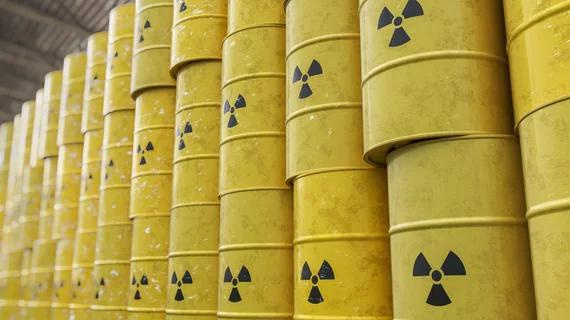NorthStar’s new FDA approval means ‘immediate increase’ in Mo-99 production
The U.S. Food and Drug Administration announced, Tuesday, Feb. 18, that it has approved two additional molybdenum-99 filling lines at one of NorthStar Medical Radioisotope’s domestic locations.
As a result of the administration’s greenlight, the Beloit, Wisconsin-based company said it will be able to instantly increase its production of Mo-99, which is used to produce the most widely used diagnostic imaging radioisotope—technetium-99m.
“FDA’s expedited review and approval of the additional filling lines in our Columbia, Missouri, facility means an immediate increase in Mo-99 production efficiencies in Columbia,” Stephen Merrick, president and chief executive officer of NorthStar, said in the announcement. “This is one component of our efforts to increase dependable, domestically produced radioisotope supply for the United States.”
Specifically, the FDA approval applies to an aspect of the company’s RadioGenix System—a high-tech platform used to separate radioisotopes that was first granted approval in 2018.
NorthStar produces Mo-99 with the help of its manufacturing partner, the University of Missouri Research Reactor in Columbia. The latter established the first domestic supply of Iodine-131 in 2018.
Soon, Merrick said, the company will have dual Mo-99 production centers in Wisconsin and Missouri, a big step forward in its mission to bolster the domestic supply.
“We believe that all these efforts will further secure reliable, non-uranium based Mo-99 radioisotope supply for U.S. customers and patients,” he said.

